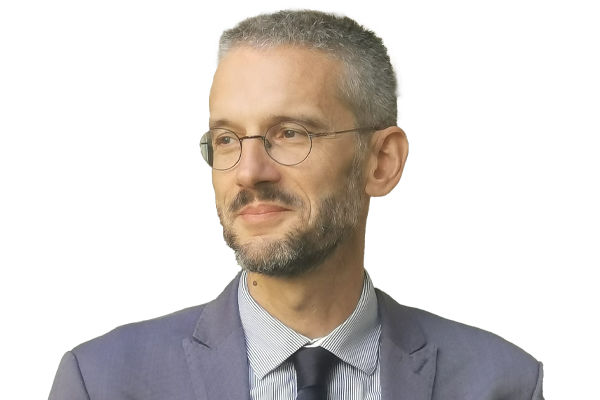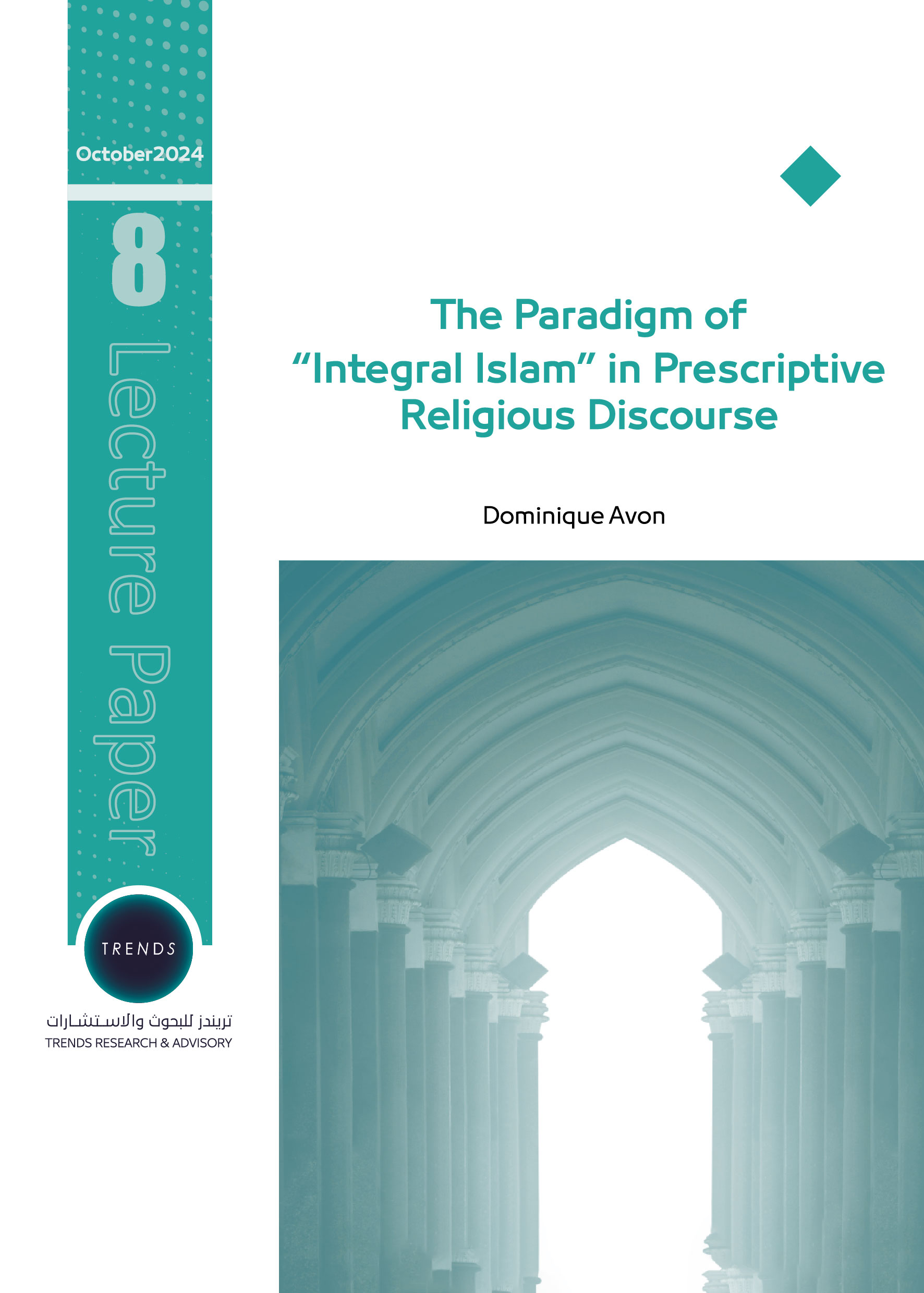There has never been a society that solely adhered to a system of laws derived exclusively from religion. Historical customs and external influences have frequently interacted with these laws in the realm of social interactions. This phenomenon is known but not systematically theorized in empires such as the Ottoman, Persian, and Moghul dynasties that ruled over sizable populations in the eighteenth century. The elites in these empires were committed to following the Islamic way of life. Contestation regarding the Islamic legitimacy of these regimes existed, although it was often muted. In the context of modernity, the issue takes on a new dimension. Legally and politically, a break in continuity occurs between the early nineteenth century, marked by the introduction of European legal elements into Egypt and the Ottoman Empire, and the mid-twentieth century, when numerous states across two continents declared their independence and broke away from European colonial control. There is never a return to the pre-existing status quo.
Finding themselves in an unprecedented context, Muslim riǧāl al-dīn [“men of religion”] have given up two of their exclusive rights: the administration of justice and the development of knowledge transmission, which also encompasses linguistic proficiency. They maintain a relationship of power and collaboration with the political authorities, but they also have varying degrees of autonomy. Within the newly independent states, the ‘ulamā’ who hold influential positions of responsibility in the institutions for the training of religious leaders, affirm that the attraction to any exogenous element is an admission of concession to a conquest of thought. The system conceived in the continuity of the professed revelation, is self-sufficient, complete, and must remain closed. Fearing relativization, they reject the discourse of co-religionists for whom it is possible to resort to al-iqtibās [“borrowing”] from “outsider” sources, embracing what appears good, beautiful, and just, from both individual and collective levels.
At the turn of the 1970s and 1980s, these ‘ulamā’ were overwhelmed by intransigent followers. They then denounced the use of violence in the name of Islam when it was not regulated by the state authorities. While some of them castigate “Islamism” or “political Islam,” unlike others, they do not define it based on a criterion determined by fiqh or decide to exclude these actors from the Muslim “community.” This article argues that Muslims who are antiliberal, both philosophically and politically—whether they are intransigent or transigent—share a common doctrinal foundation. In other words, “Islamism” is merely a particular modality of a broader phenomenon, that of an “integral” conception of religion based on the presupposition that religion has, in the past, had a pure and completed form toward which we should try to strive.






